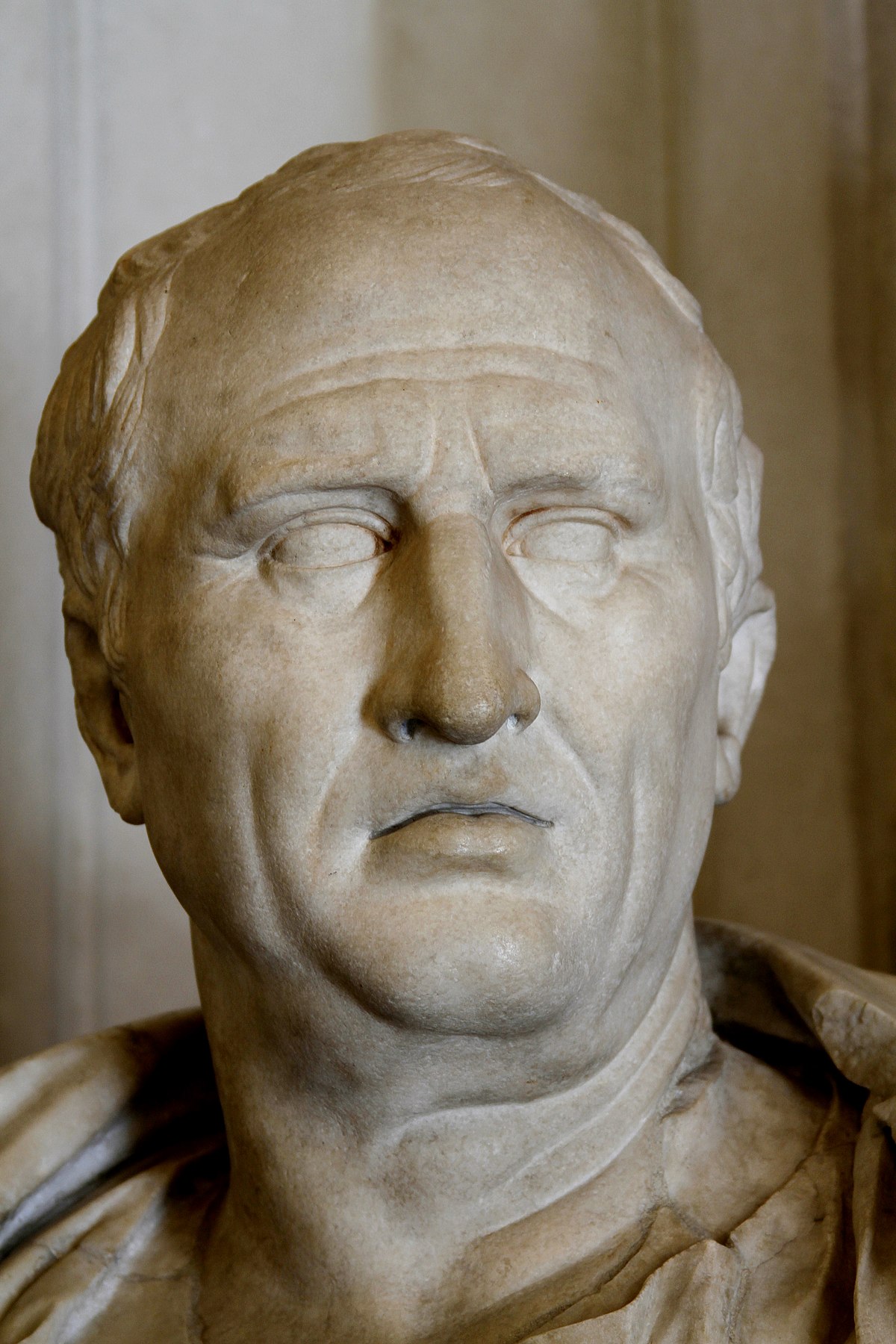There's an article in yesterday's local paper about a week of commemoration for the
Holodomor victims. I pointed it out to my family. "What's the
holodomor?" they asked. And I realized that so much still needs to be said about Stalin's atrocities. Everybody knows about Hitler and the
holocaust.
Here's a few facts about the holodomor:
1. The word holodomor comes from two words meaning hunger and death or plague.
2. The time is 1932/33
3. The place is most of the grain-producing areas of the Soviet Union - Ukraine is especially hard hit.
4. The victims were six to seven million people who may have died during this man-made famine.
5. The aftermath: the famine was not talked about until 1991 when Ukraine finally achieved independence. Why? Because people were too afraid. Too afraid that somehow they'd get into trouble for doubting the goodness of the Soviet state.
Starvation appears to be such an easy concept to understand. But what is it really like to starve to death? What is it like to be a mother who can't feed her own children?
See this
link for a ceremony earlier this year, commemorating the 75th anniversary of the
Holodomor out in Toronto. My city of Winnipeg has a very large Ukrainian population, so I expect tomorrow's ceremony to be well attended.
p.s. My own family - although my grandfather, grandmother, mother and her siblings were all born in what is present-day Ukraine - considered themselves Germans. Stalin did not differentiate between Ukrainians and Germans. To him they were kulaks - an economic, and not ethnic, distinction. I realize that this can be a contentious issue. Let's use 'humanity' as the common link to all suffering.


 economic vision.
economic vision.
